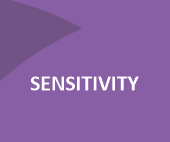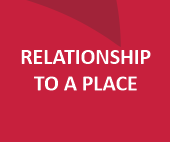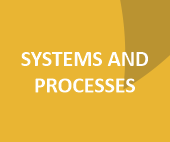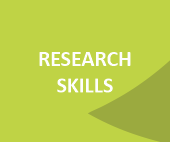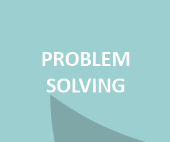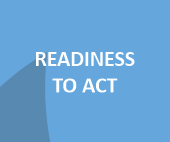DEFINITION OF THE COMPETENCE
The RESEARCH SKILLS area develops the ability of pupils to ask questions, look for answers using scientific methods and to critically argue the answer’s validity. This area is closely tied to the understanding of Systems and Processes within the continuum. It develops a strategy with which pupils can actively discover things, interpret other research, and think critically about the veracity of information, sources and other research methods, and about the validity of results and conclusions. Pupils are guided to discover various hidden prerequisites which affect the way information is interpreted. Pupils who grasp available facts more possess more clarity about what behaviour is more considerate towards nature and society.
HOW TO DEVELOP THE COMPETENCE
Development of research skills is addresses in research-oriented education (specifically in the Globe programme) which is mostly implemented in natural science subjects. Research, however, can be developed in all subjects where a source of information is used. Utilising methods developing critical thinking is suitable. Combining group and individual work, choosing methods of active learning and discussing gained data openly is recommended. In the case of outdoors learning, which is often scheduler in blocks, pupils should do as much of the research themselves, to avoid situations where only the teacher gives examples of research confirmation. Research can be effectively linked with project learning (a thoroughly researched problem followed by solving it).
|
THE STUDENT ASKS QUESTIONS |
||
|
|
Initial level |
Advanced level |
|
FORMULATION OF |
He/She asks simple questions related to the selected topic. |
He/She formulates questions related to a deeper understanding of the selected topic. He/She works consciously with different types of questions. |
|
THE STUDENT WORKS WITH INFORMATION |
||
|
|
Initial level |
Advanced level |
|
SELECTION |
He/She selects the pieces of information he/she considers to be relevant to the topic. He/She is aware of various credible sources of information. |
Při získávání informací kombinuje alespoň dva různé zdroje. Posuzuje věrohodnost informací. Rozlišuje informace a názory a fakta. |
|
RECOGNITION |
He/She approaches the subject knowing that his attitude is influenced by his previous experience. |
He/She maps critically what information, experience and personal beliefs affect his attitude to the topic. |
|
SUMMARY OF |
He/She organizes and summarizes the information obtained. |
He/She arranges, summarizes and comments all collected information in an appropriate way (based on given criteria). He/She mentions the source when uses information taken. |
|
THE STUDENT CARRIES OUT HIS OWN RESEARCH |
||
|
|
Initial level |
Advanced level |
|
SELECTION |
He/She chooses or formulates an appropriate research question related to the topic. He/She formulates the expected results (hypotheses) based on the research questions and expresses them in declarative sentences. |
When selecting/formulating a research question, he/she takes into account whether it is verifiable under given conditions (time, aids, security) and whether the answer to it is not obvious. He/She formulates a hypothesis expressing the relationship between two variables that can be measured under given conditions. |
|
METHODOLOGY AND DOING |
He/She cooperates in the formulation of the suitable research methodology. He/She chooses resources (aids, sources of information) which are suitable for his research. He/She follows the planned research methodology. |
He/She plans the methodological procedure of the selected research and use of aids. During the research, he/she considers whether it is appropriate to adjust the methodological procedure (with regard to external circumstances) and adjusts it when necessary. |
|
SUMMARY OF |
He/She organizes and summarizes the findings. He/She relates the results to the research questions and hypotheses. He/She presents the results of the research. |
He/She organizes, summarizes and presents the obtained data. He/She relates the results to the research questions and hypotheses. He/She explains findings. He/She assesses the significance of the results for themself and others. |
|
STUDENT UNDERSTANDS THE IMPORTANCE OF RESEARCH AND ITS LIMITATIONS |
||
|
|
Initial level |
Advanced level |
|
SIGNIFICANCE, |
He/She explains his view on the importance of scientific research. He/She considers whether the research endangers people, animals and nature. |
He/She states why science cannot answer all human questions. He/She assesses the potential risks of the research to people, nature and society. Based on the findings, he/she adjusts their own research or if necessary, he rejects it. |
Lipka – školské zařízení pro environmentální vzdělávání Brno, příspěvková organizace, pracoviště Kamenná 20, Brno, telefon: 543 420 823, email: kamenna@lipka.cz, www.lipka.cz





